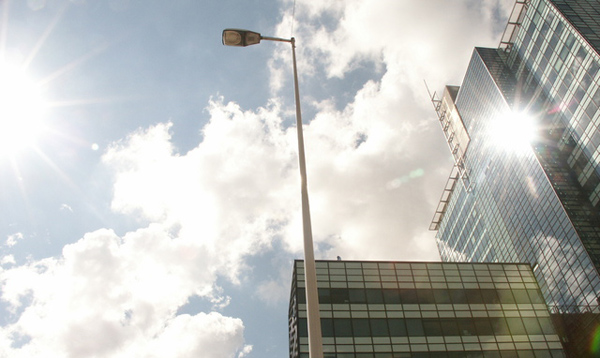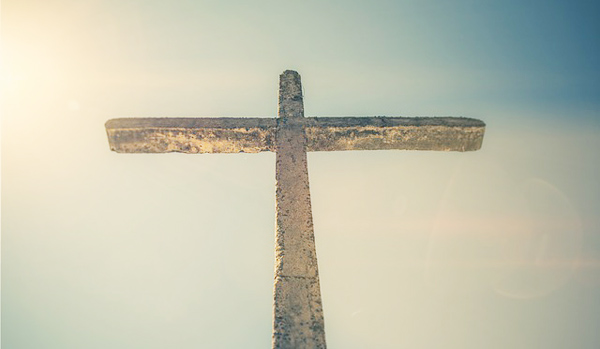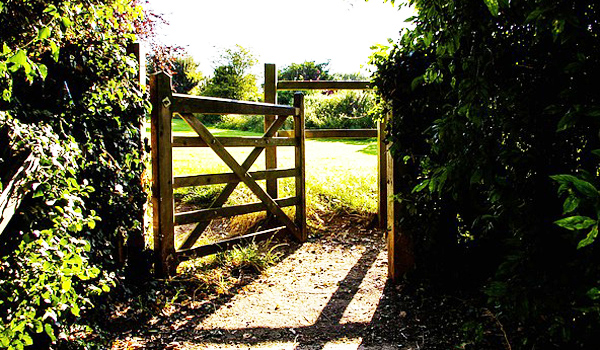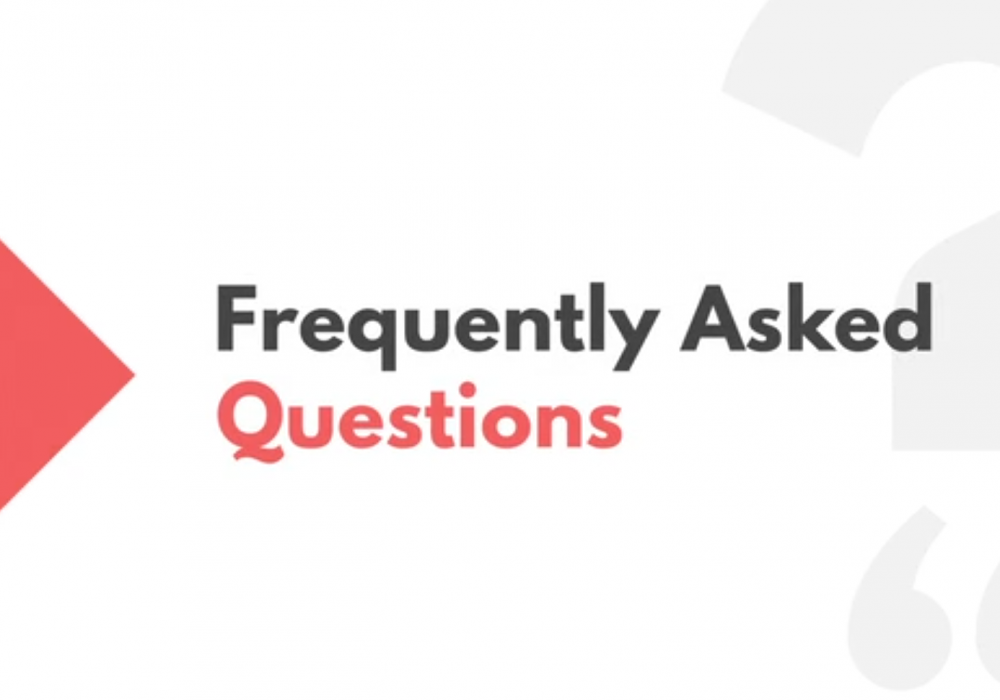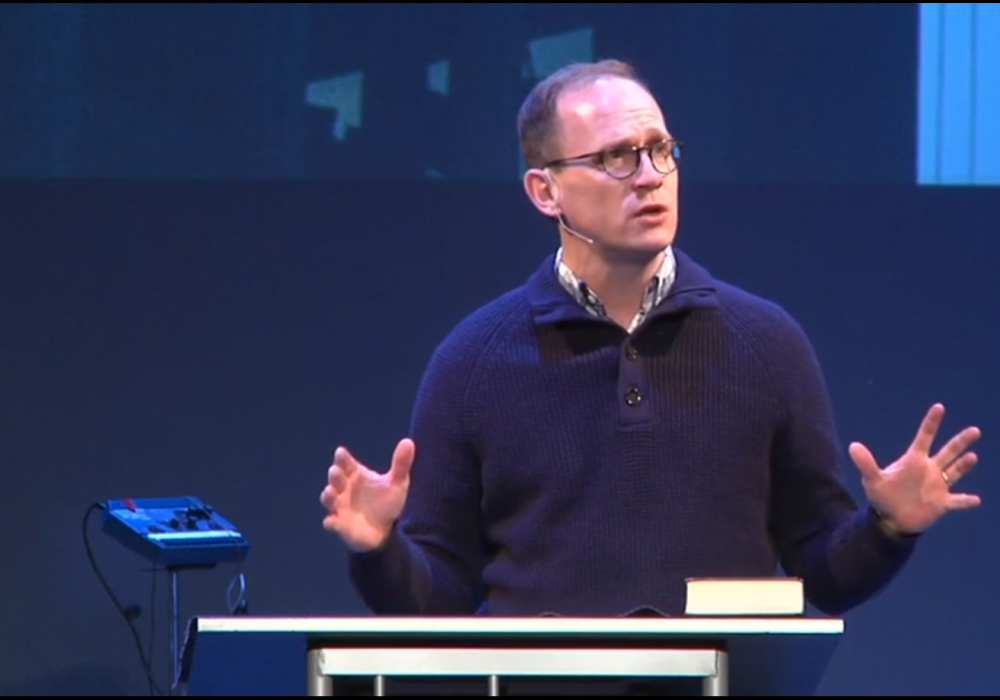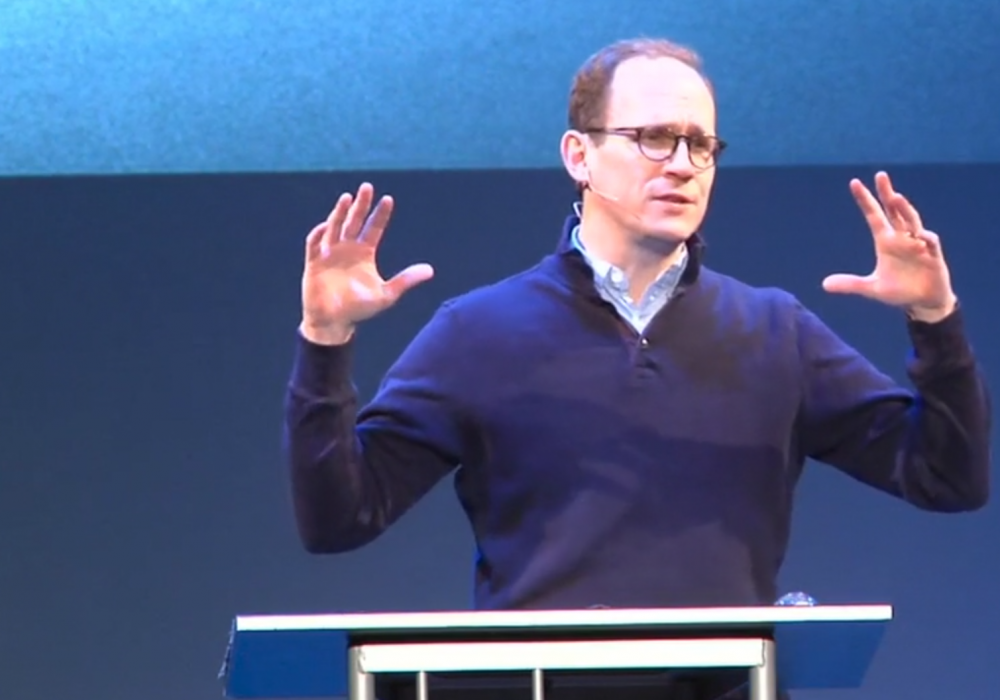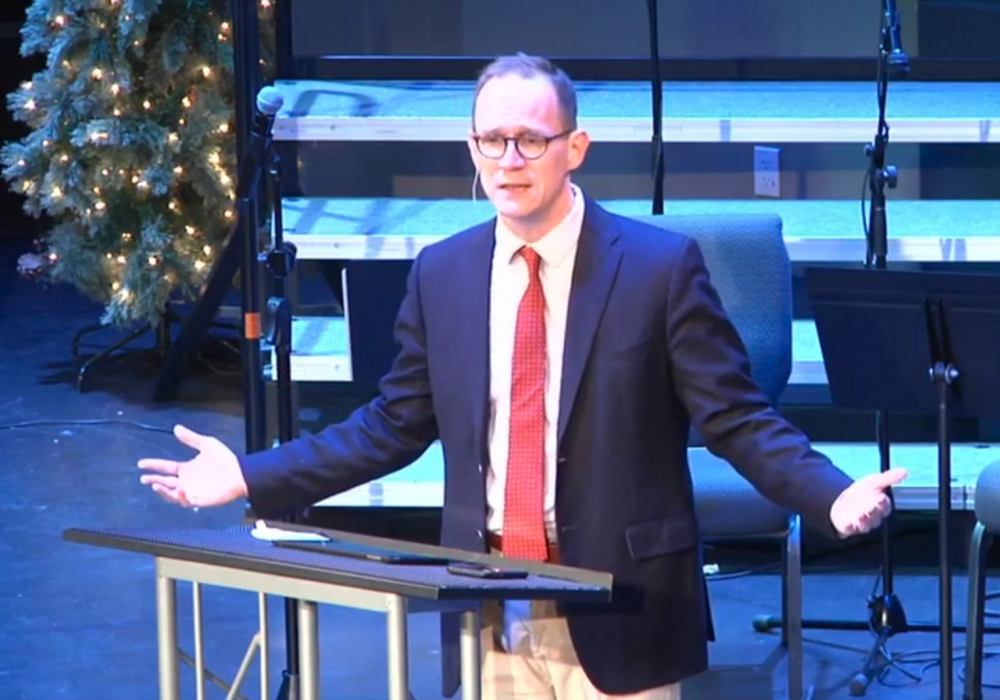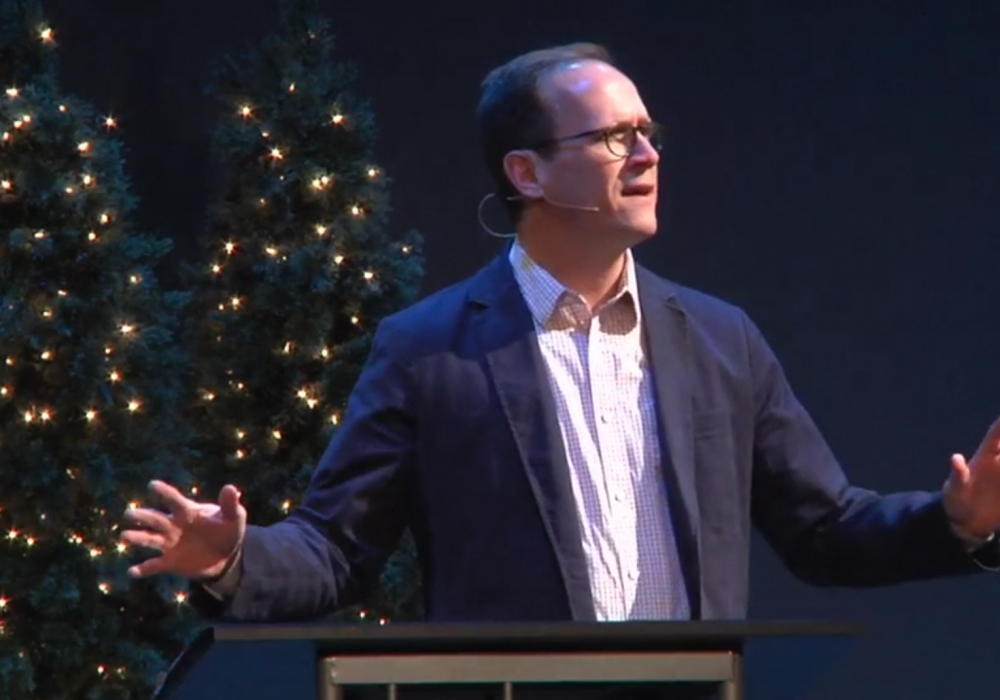We preach Christ crucified, a stumbling block to Jews and folly to Gentiles, but to those who are called, both Jews and Greeks, Christ the power of God and the wisdom of God. For the foolishness of God is wiser than men, and the weakness of God is stronger than men (1 Corinthians 1:23-25).
Jesus
Jesus Must Reign Until…
Then comes the end, when he delivers the kingdom to God the Father after destroying every rule and every authority and power. For he must reign until he has put all his enemies under his feet. (1 Corinthians 15:24-25) Together, these two verses form one of the most encouraging and comforting pictures of reality to be found anywhere in Scripture! Every minute of time between Christ’s ascension into heaven and Christ’s triumphant return to earth is summed up here. When Jesus Christ comes again, he will have destroyed every opposing power or authority.
A Tale of Two Wisdoms
…it is not a wisdom of this age or of the rulers of this age, who are doomed to pass away. But we impart a secret and hidden wisdom of God (1 Corinthians 2:6-7). Put simply, there are two wisdoms, Paul says: human wisdom, and divine wisdom. They are not the same. They are not even similar. They are not coming to the same conclusions about God, life, priorities, joy, fulfillment, or meaning.
Your Salvation: Paid In Full
When Jesus had received the sour wine, he said, “It is finished,” and he bowed his head and gave up his spirit (John 19:30). The phrase Jesus uses here on the cross expressed a business transaction completed: “paid in full.” At the heart of trusting in Jesus Christ for salvation is the confidence that nothing else needs to be added to the price he paid, in his death, for our salvation. Do you live in the reality of a fully-paid salvation each day?
What Is Salvation, and Where Is It Found?
For by grace you have been saved through faith. And this is not your own doing; it is the gift of God (Ephesians 2:8). Salvation means “to deliver” someone out of danger. Salvation, especially in the Bible, implies then that people need to be saved. It also implies that someone is able and willing to save the person who needs to be saved. The Bible teaches that Jesus Christ is the only source of true salvation for any human being.
Jesus Says, “I Am the Door”
I am the door. If anyone enters by me, he will be saved and will go in and out and find pasture (John 10:9). It is easy and common to skip over this reference of Jesus to himself as the door and jump straight to him as the shepherd (also in this passage in John 10). But pause and consider that Jesus says he is not only the shepherd of his sheep but he is also the door. In other words, Jesus is not only the shepherd of the sheep, but he is also the way through which he leads
Location, Location, Location
There is therefore now no condemnation for those who are in Christ Jesus (Romans 8:1). There is a well-known real estate maxim that lists the three most important characteristics of any property: “Location, location, and location.” This famous real estate maxim holds true in the Bible, as well. In the Old Testament in particular leaving Israel is seen as departing from God, and returning to Israel represents one’s returning to God.
Crushed For Our Iniquities
He was pierced for our transgressions; he was crushed for our iniquities; upon him was the chastisement that brought us peace, and with his wounds we are healed (Isaiah 53:5). At the heart of the gospel — at the heart of what happened on the cross to Jesus Christ — is substitution. It is Jesus taking the place, and therefore the punishment, of sinners who deserved God’s wrath. At the cross, Jesus got what we deserved. Isaiah 53:5 gives us this clear insight into Jesus’ death.
FAQ: Why Is Jesus’ Birth So Important?
This series of brief videos offers bite-sized, meaningful answers to commonly asked questions. We hope they will be a help to you! Please also share them freely. If you would like to submit a question of your own, please note the contact info at the conclusion of the video. We look forward to hearing from you!
Living In Light of the Gospel
You then, my child, be strengthened by the grace that is in Christ Jesus (2 Timothy 2:1). With these words, the Apostle Paul challenges his young protégé, Timothy, not to grow weary or weak as he endures for the sake of the gospel and the church in Ephesus. The church at this time was experiencing heavy persecution from the Ephesian culture around it, which had little interest in the gospel. But the church was also facing pressure from inside in the form of false teachers. The church, and Timothy, was pressed on all sides.

